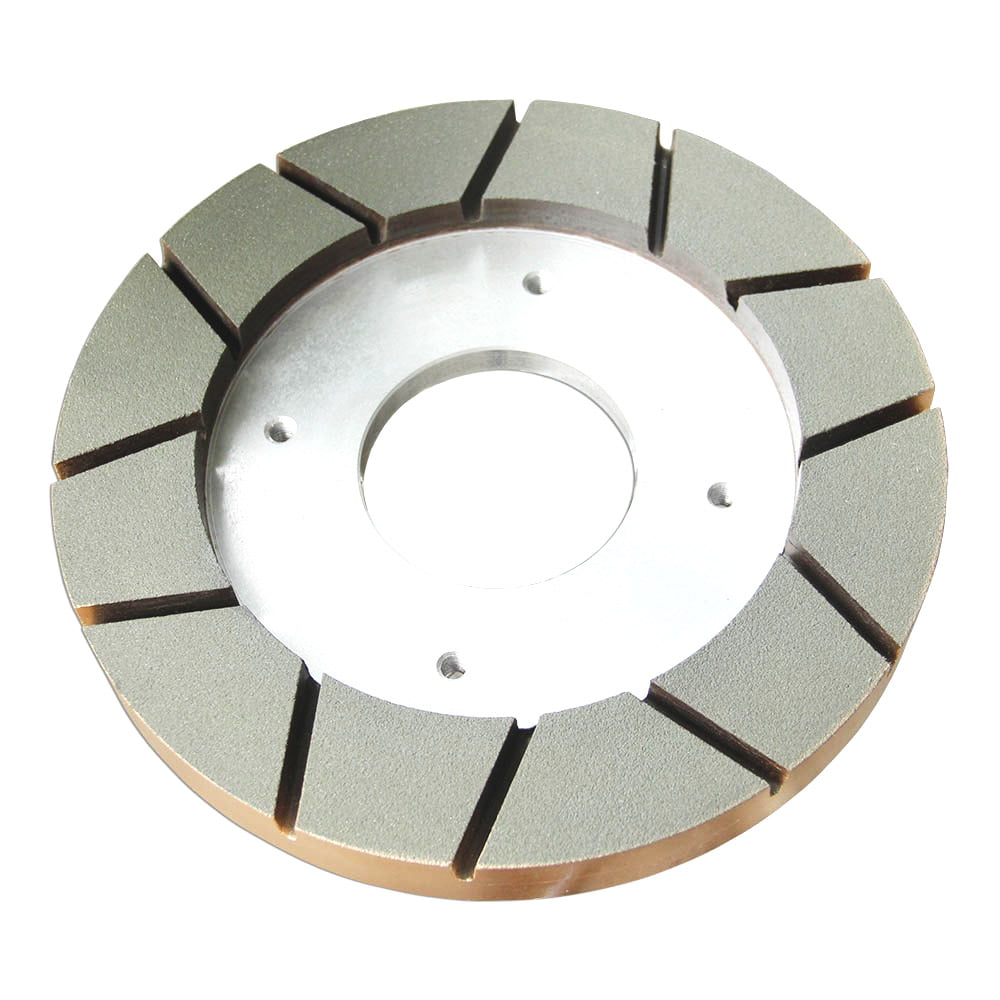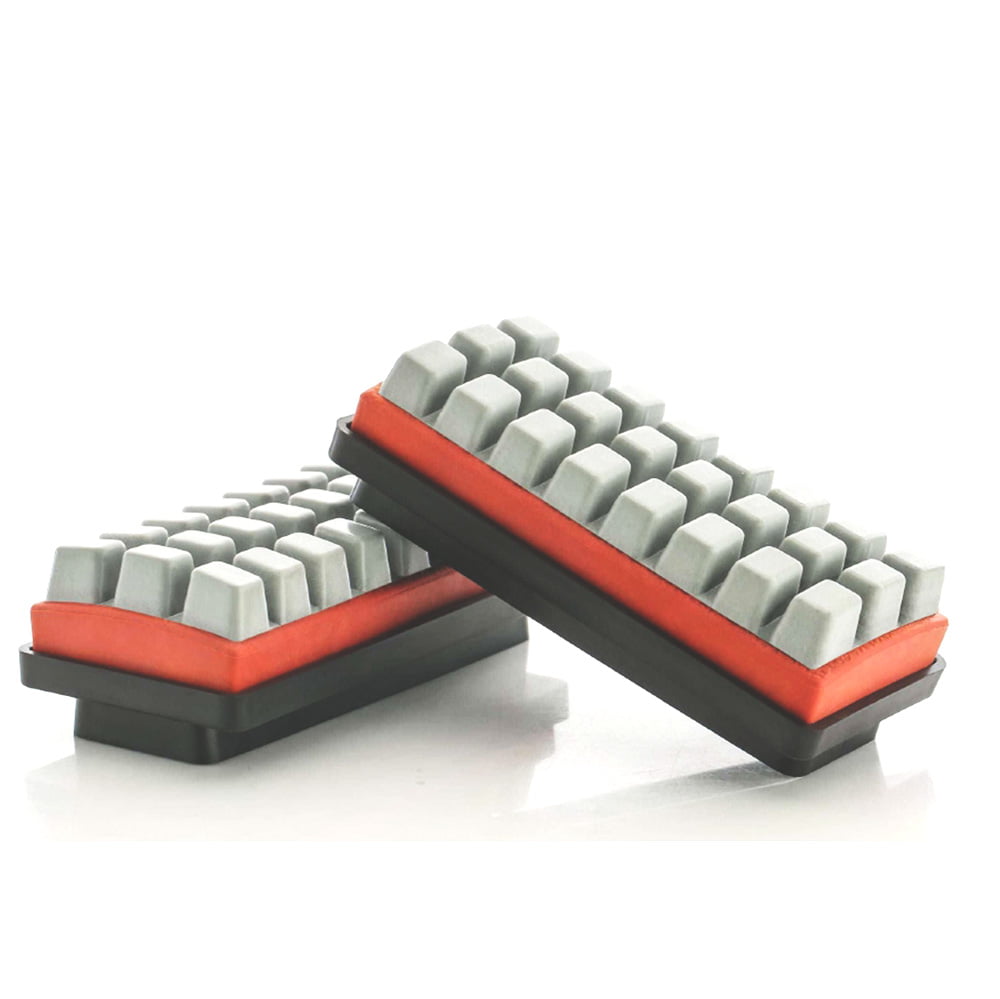In the world of surface preparation and material finishing, the right abrasive can make all the difference between a flawless finish and a subpar result. With numerous types of abrasives available, each with its unique characteristics and applications, choosing the most suitable one can be a daunting task. Let's delve into the world of abrasives and explore some of the most commonly used types, highlighting their benefits and ideal uses.
The Diverse World of Abrasives
Abrasives are broadly categorized into organic and inorganic types, each serving distinct purposes. Here are some of the most popular abrasives that are widely used across various industries.
Silica Sand: The Traditional Choice
Often referred to as the original abrasive, silica sand has been a staple in the industry for years. Known for its uniform shape, silica sand delivers a consistent surface finish, making it ideal for removing paint from sidewalks, decks, and even graffiti from exterior walls. However, its use is declining due to the health risks associated with inhaling free silica, which can lead to serious respiratory issues and silicosis.
Baking Soda: Gentle yet Effective
For softer surfaces like vehicle and boat exteriors, baking soda is a preferred choice. This eco-friendly abrasive explodes upon impact, effectively removing residue and old coatings without causing damage. The bonus? It dissolves with water, making cleanup a breeze. However, it's a single-use media and not suitable for profiling steel.
Aluminum Oxide: The Aggressive Option
When working with strong metals like steel, aluminum oxide is the go-to abrasive. Its hard-cutting properties ensure an even finish while producing less dust, making the cleaning process easier and enhancing visibility during operations. This makes it a favorite for industries where efficiency and precision are paramount.
Silicon Carbide: The Hard-Hitter
For projects that require heavy-duty abrasion, silicon carbide stands out as one of the hardest abrasive materials available. Sourced from moissanite, it offers a fast cutting speed, reducing blast time significantly. Although it's expensive and short-lived, it's indispensable when other abrasives fall short.
Garnet Sand: The Eco-Friendly Alternative
Garnet sand is another popular choice, known for its recyclability and cost-effectiveness. However, it has a higher particle embedment rate and can cause steel to rust quickly. While garnet sand itself is relatively safe, its extraction process can have significant environmental impacts.
Specialized Abrasives: The BASAIR Advantage
In the realm of specialized abrasives, BASAIR stands out with its innovative products, particularly in the tile manufacturing industry.
Lappato Abrasives by BASAIR
BASAIR's lappato abrasives are designed to achieve the unique "Lappato finish" on ceramic and stone surfaces. These abrasives, often infused with diamond resin, create a finish that is neither fully polished nor entirely matte, but a perfect blend of both. The diamond particles ensure fine polishing and honing, while water lubrication prevents overheating, resulting in a smooth and even texture.
Key Factors in Choosing Lappato Abrasives
When selecting lappato abrasive tools from BASAIR, several factors come into play:
- Type of Abrasive Material: Diamond abrasives are renowned for their durability and high-quality finish, while silicon carbide and alumina abrasives offer budget-friendly alternatives.
- Tool Type and Size: Different tools like pads, discs, and brushes can produce varying finishes. BASAIR offers lappato abrasives in various sizes to cater to different tile dimensions.
- Production Process and Desired Finish: Understanding your production needs is crucial. Lappato abrasives can be used for both full polishing and semi-polishing, making them versatile tools in your tile production line.
Conclusion
Choosing the right abrasive is a critical step in achieving the desired surface finish. Whether you're working with traditional abrasives like silica sand or specialized tools like BASAIR's lappato abrasives, each has its unique benefits and applications. By understanding the characteristics and uses of these abrasives, you can ensure your projects are completed with precision and efficiency. For those in the tile manufacturing industry, BASAIR's lappato abrasives offer a superior solution, combining elegance, durability, and ease of maintenance in every tile produced.



